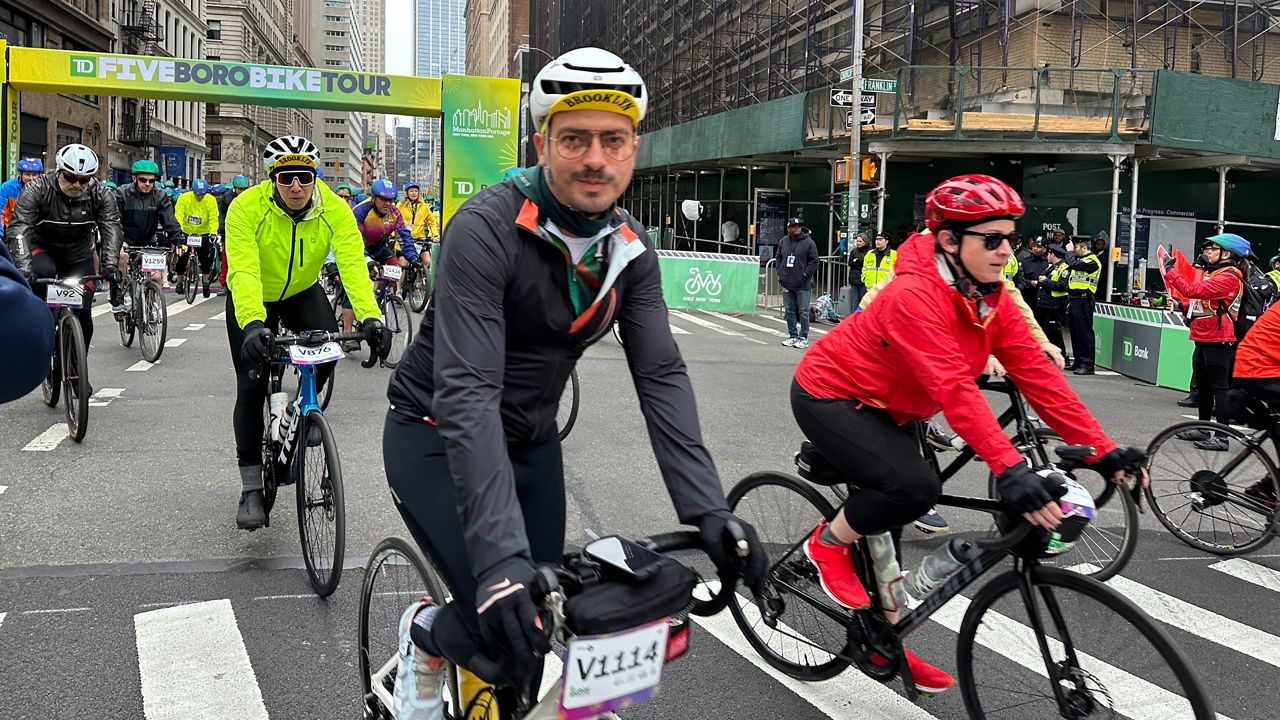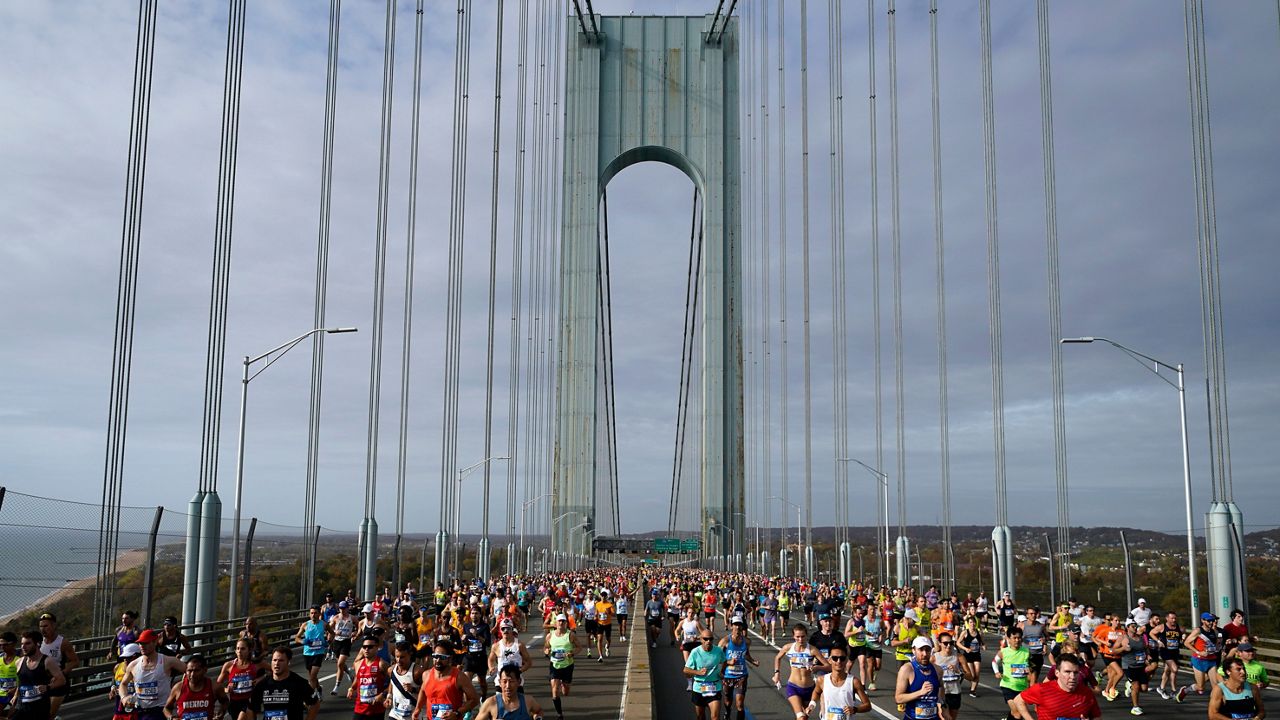The MTA is asking the New York City Marathon’s organizers for $750,000 a year to recoup toll revenue it loses when it closes the race’s iconic starting point: the Verrazzano-Narrows Bridge.
The marathon, organized by New York Road Runners, has kicked off at the bridge connecting Staten Island and Brooklyn since it became a five-borough race in 1976.
What You Need To Know
- The MTA is asking the New York City Marathon’s organizers for $750,000 a year to recoup toll revenue it loses when it closes the Verrazzano-Narrows Bridge to traffic each year
- The transit agency may restrict runners to either the bridge's upper or lower level if organizers don't compensate it for lost revenue, according to the New York Times
- New York Road Runners, which organizes the marathon, said compensating the MTA for tolls would require it to increase runners' marathon entry fees
The MTA closes both levels of the bridge to vehicular traffic each year so runners can cross over it. Moving forward, however, the transit agency may restrict participants to either its upper or lower level if New York Road Runners doesn’t compensate it for lost revenue, the New York Times reported.
“New Yorkers love Marathon Sunday, but taxpayers cannot be expected to subsidize a wealthy non-government organization like the New York Road Runners to the tune of $750,000,” MTA Bridges and Tunnels president Catherine Sheridan said in a statement provided to NY1. “The MTA is prepared to continue working towards a final agreement with the NYRR, provided it leads, over time, to full reimbursement for the lost revenue.”
In its own statement, New York Road Runners said it would be willing to work with the MTA, but maintained that the beloved event is an economic boon for the five boroughs — and provides the MTA with a ridership boost each year.
The group said compensating the MTA for tolls would require it to increase runners’ marathon entry fees, impacting runners who may not be able to easily afford them.
"I do think it could impact people feeling welcomed into this space. I think running is an interesting community where people often say, 'I'm not really a runner, but everyone can be a runner' so I think making it as welcoming as possible is super important," marathon runner Kaitlin Reese said.
"New York Road Runners' mission is to help and inspire people through running, and events like the TCS New York City Marathon make a positive impact on the health and well-being of New Yorkers while bringing in hundreds of millions of dollars to the city’s economy," the organization said.
“We value our partnership with all the city and state agencies that allow us to stage all of our events, including the marathon,” it added. “We remain willing to negotiate, but any resolution should reflect the significant value the MTA derives from the marathon, including the increased ridership over marathon weekend.”
New York Road Runners said it believes the increase in ridership the MTA sees during marathon week already makes up for the bridge toll revenue it loses each year.
An economic impact study New York Road Runners commissioned, meanwhile, found that the marathon generated an estimated $427 million in economic impact for New York City in 2019, the organization said.
The race typically draws around 50,000 runners and millions of spectators — both in person and on television.







